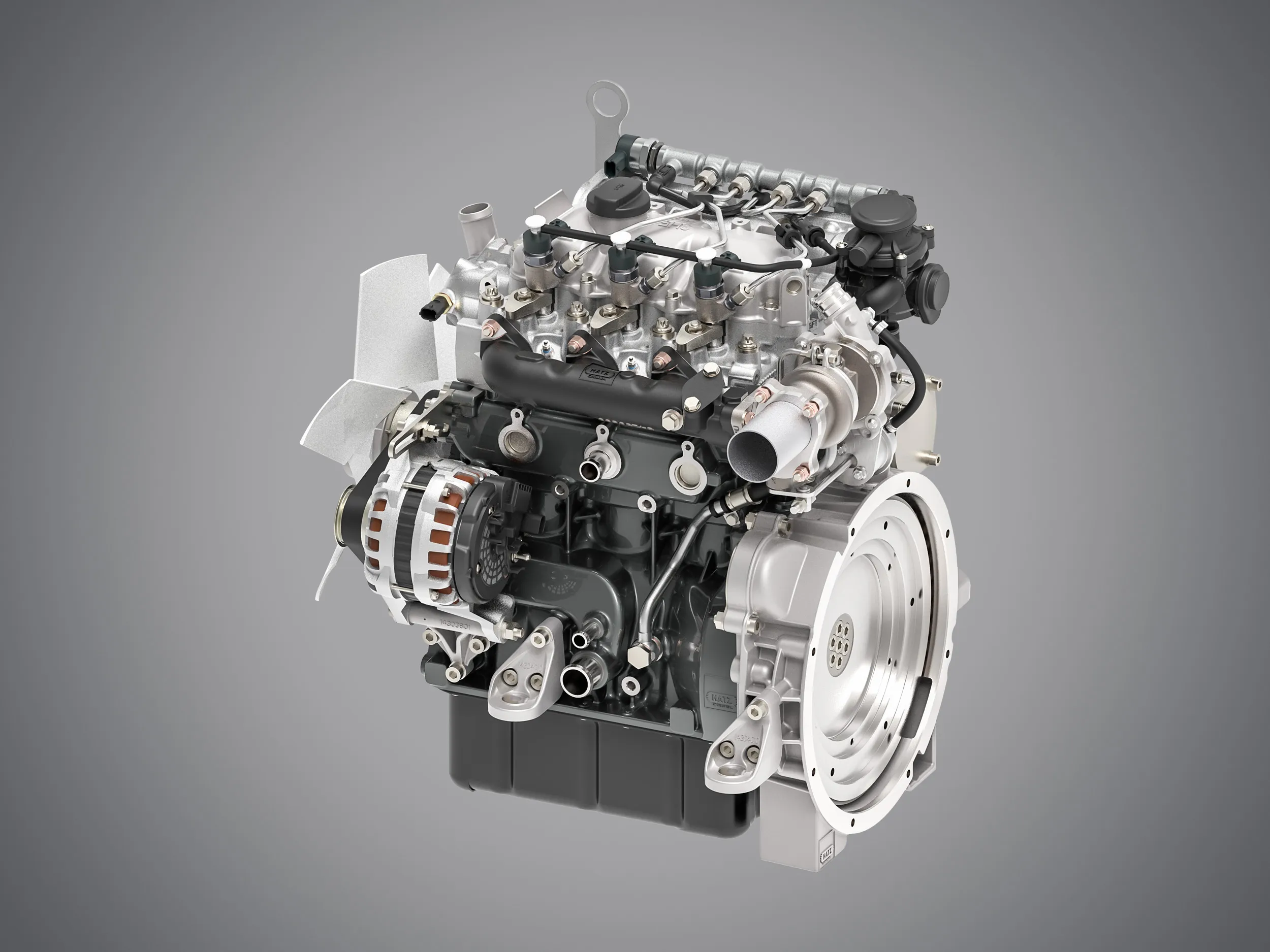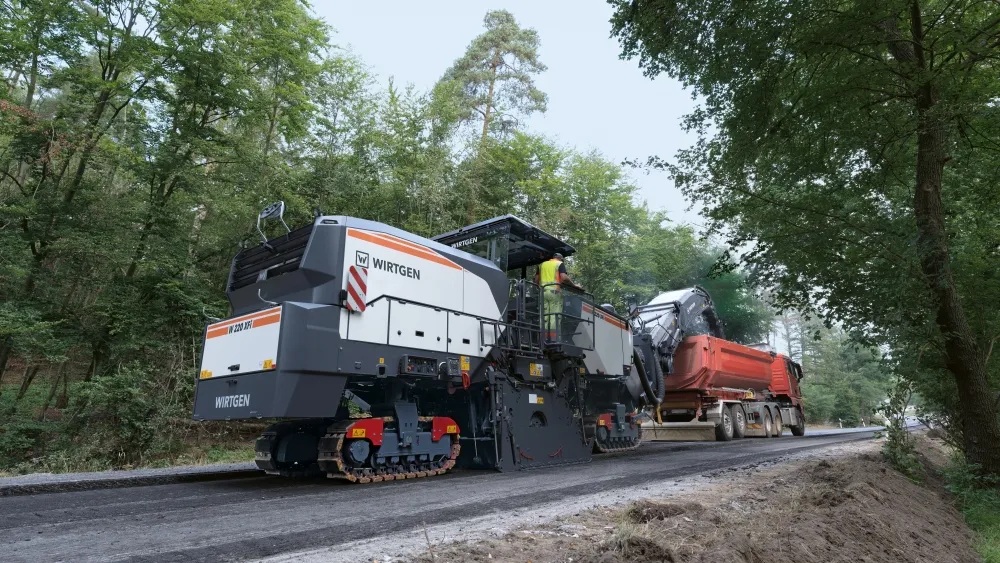Regional contractor Windisch has put five Terex TA300 articulated haulers to work shifting 1.4 million m3 of earth on the A5 motorway extension in Austria.
The five 28tonne capacity TA300s have been selected by local contractor Windisch to take part in the expansion of the North Autobahn (A5) which will form a modern highway between Vienna in Austria and Brno in the Czech Republic.
Austrian distributor Mlecka Construction, just outside of Vienna in Oeynhausen, supplied the vehicles that work 12-hour s
January 27, 2017
Read time: 2 mins
Regional contractor Windisch has put five 1222 Terex TA300 articulated haulers to work shifting 1.4 million m3 of earth on the A5 motorway extension in Austria.
The five 28tonne capacity TA300s have been selected by local contractor Windisch to take part in the expansion of the North Autobahn (A5) which will form a modern highway between Vienna in Austria and Brno in the Czech Republic.
Austrian distributor Mlecka Construction, just outside of Vienna in Oeynhausen, supplied the vehicles that work 12-hour shifts, six-days-a-week to shift 1.4 million m3 of earth.
Scheduled for completion in 2017, the project was implemented by Austria’s Autobahn and highway financing stock corporation, ASFiNAG at an estimated cost of €200 million.
The A5 is already a popular route due to the international checkpoint at Drasenhofen. Overall, it will ease traffic build up, shorten the 130km transit time between the two cities and reduce noise pollution.
“Like other EU countries, the Austrian market has proved difficult but the extension of the North Autobahn is one of the brighter investments in the tough articulated hauler market,” said John Mlonek, commercial sales manager at8081 Terex Trucks.
Terex Trucks builds the TA300 at its Scottish factory in Motherwell. “Windisch was looking at other brands but chose to go with Terex Trucks, which is a real vote of confidence for our robust Scottish machines,” said Mlonek.
Terex said that with fully independent front suspension as standard, the TA300 maintains tyre/ground contact regardless of terrain, increasing tractive effort and reducing cycle times while also providing operators with a comfortable haul.
In addition, the transmission retardation system in combination with engine exhaust brake support the fully-enclosed oil-cooled multi-disc brakes for enhanced protection of the brakes, resulting in less maintenance and a longer life span for the brakes. The machine is powered by a fuel-efficient five-cylinder Scania DC9 engine, which develops 276 kW and maximum torque of 1,880Nm.
The five 28tonne capacity TA300s have been selected by local contractor Windisch to take part in the expansion of the North Autobahn (A5) which will form a modern highway between Vienna in Austria and Brno in the Czech Republic.
Austrian distributor Mlecka Construction, just outside of Vienna in Oeynhausen, supplied the vehicles that work 12-hour shifts, six-days-a-week to shift 1.4 million m3 of earth.
Scheduled for completion in 2017, the project was implemented by Austria’s Autobahn and highway financing stock corporation, ASFiNAG at an estimated cost of €200 million.
The A5 is already a popular route due to the international checkpoint at Drasenhofen. Overall, it will ease traffic build up, shorten the 130km transit time between the two cities and reduce noise pollution.
“Like other EU countries, the Austrian market has proved difficult but the extension of the North Autobahn is one of the brighter investments in the tough articulated hauler market,” said John Mlonek, commercial sales manager at
Terex Trucks builds the TA300 at its Scottish factory in Motherwell. “Windisch was looking at other brands but chose to go with Terex Trucks, which is a real vote of confidence for our robust Scottish machines,” said Mlonek.
Terex said that with fully independent front suspension as standard, the TA300 maintains tyre/ground contact regardless of terrain, increasing tractive effort and reducing cycle times while also providing operators with a comfortable haul.
In addition, the transmission retardation system in combination with engine exhaust brake support the fully-enclosed oil-cooled multi-disc brakes for enhanced protection of the brakes, resulting in less maintenance and a longer life span for the brakes. The machine is powered by a fuel-efficient five-cylinder Scania DC9 engine, which develops 276 kW and maximum torque of 1,880Nm.







